Schools Chancellor Carmen Fariña Kicks Off Back-to-School Week in Cobble Hill
It’s School Week here on Brownstoner — a series of posts celebrating the start of the school year. After nearly five decades in and out of the classroom, Carmen Fariña became New York City’s highest-ranking education official in January 2014. During her first 20 months in office as New York City Schools Chancellor, Fariña has worked to improve the…
It’s School Week here on Brownstoner — a series of posts celebrating the start of the school year.
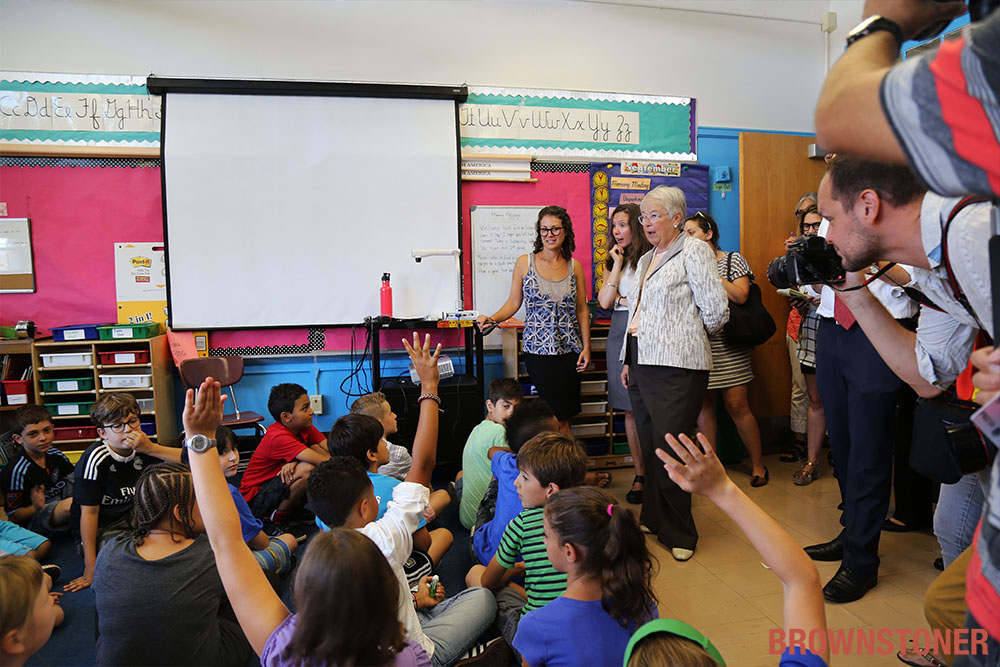
After nearly five decades in and out of the classroom, Carmen Fariña became New York City’s highest-ranking education official in January 2014. During her first 20 months in office as New York City Schools Chancellor, Fariña has worked to improve the public schools serving the city’s 1.1 million students.
She’s also butted heads with the charter school contingent and passionately supported the Common Core. This week, the start of the school year, Brownstoner photographed Fariña at her old stomping grounds — P.S. 29 in Cobble Hill — and learned more about her own Brooklyn history and plans for the borough’s schools.
Brownstoner: Where did you go to school as a kid? What was it like?
Carmen Fariña: I was born and grew up in Brooklyn, and I attended parochial school there. My parents were immigrants from Spain, and I didn’t speak English when I started kindergarten. I didn’t answer roll call for weeks, because the teacher wasn’t able or willing to pronounce my foreign last name – she kept saying “Quillan” instead of “Guillen.”
So school was a challenging experience, but I always loved learning, both in and out of school. My education was defined by the great teachers I had. At home, my father encouraged me to think for myself and engaged me in learning about his and my mother’s culture – newspapers, books, Spanish fairy tales. At school, it was a special teacher who made the difference: Sister Leonard, my high-school teacher who saw potential in me and pushed me to become the first person in my family to go to college.
BS: How does your own school experience influence how you approach your work today?
CF: My own education has influenced my 50-year-career in New York City’s schools in a number of ways. From Sister Leonard, I saw that a great teacher could make a difference and that’s inspired me from Day 1. From my father, I saw the importance of parents and family members in education – they really are our partners in this work.
And from my early struggles as a child who didn’t speak English, I think I developed a real commitment to understanding each child’s individual needs and meeting them where they are. That doesn’t just apply to English language learners or students with disabilities. I’m proud that teachers across the City think the same way, and are striving every day to personalize their work with our students and their families.
BS: Looking back on your tenure as Schools Chancellor over the past 20 months, what accomplishments are you most proud of?
CF: First and foremost, I think you have to point to Pre-K for All. On the first day of school, we had over 65,000 4-year-olds in free, full-day, high-quality pre-K. But it’s not the numbers that are most impressive. It’s what’s actually going on in those pre-K classrooms – what the teachers are teaching, what our youngest learners are learning.
Those students are going to get the foundation and skills they need to succeed in kindergarten and beyond. They’re going to learn new vocabulary, experiment in science, learn how to play with others; with that extra year, we’re going to have more and more kids reading at grade level by 2nd grade.
Also, as a former teacher, principal, superintendent, deputy chancellor and now chancellor – I’ve done each job in our system. I’ve really focused on bringing dignity and respect to the profession of educators. Being a teacher or administrator is an incredibly hard job, but one that is truly rewarding because you get to change lives every day.
There are a lot of other significant changes that we’ve made that are going to improve instruction and put more students on the path to college and careers down the line. We’ve renewed our focus on teacher training and retention – every teacher in the City has 80 minutes of professional development every week. We made all our superintendents re-apply for their jobs last year to ensure we had the strongest leaders at the helm, and we have a new system of support and supervision that’s going to ensure principals have what they need to improve achievement. We’ve also expanded Dual Language programs across the City to help our students become bilingual and learn about new cultures. We’re also very serious about parents being our partners in this work, and so we now have 40 minutes of parent engagement time at every school each week; a restructured Division of Family and Community Engagement with a wonderful new director, Yolanda Torres; and I’ve made a point of attending town halls across all five boroughs as well as hosting Chancellor’s parent conferences at Tweed.
BS: What plans are you most excited about for this school year?
CF: September is my favorite month. In September, anything is possible. There’s so much energy and momentum, and I think it’s even more the case this year with the reforms we’ve been making.
That includes the ones I’ve mentioned: Pre-K for All, the first year of our new system with strong superintendents and Borough Field Support Centers, our new investments in family engagement. And there’s so much more. We have 130 Community Schools opening their doors this September – these are schools serving high-needs communities that are offering wrap-around services like health and mental health services and extra tutoring. We doubled the number of PROSE schools to 126 – that’s a program where schools can break Department or union rules to innovate, and we see a lot of schools using this to try amazing things around flexible scheduling or small group learning.
This year, I’m excited to continue visiting schools following the five I visited—one in each borough—on the first day. When I visit schools, it’s a two-way street: I see how I can help them, but I also see their programs and strategies and can encourage sharing of best practices across the City. When we are able to share and collaborate around best practices, kids are the real winners.
BS: What is the biggest challenge facing Brooklyn’s schools today?
CF: My focus is on improving instruction and outcomes for all 1.1 million students in our system. And I am holding myself accountable for that work. So the question day in and day out is: how do we do that? I won’t be satisfied until every student is able to read on grade level and is equipped with the skills to graduate high school and thrive in college or a meaningful career. I took this job to make the school system better and to help students and their families.
We do face a lot of challenges, and one of big ones is that same challenge I faced in my first days of kindergarten – how do we understand the whole needs of our students and meet them? That’s why we’ve invested so much in Community Schools and after-school programs. Parent engagement is also a critical part of that, because families can help us understand what students need and they can help us put every student on the path to college and careers.
BS: What do you think is the most important thing parents can do to help their child succeed at school?
CF: I want parents to be partners in our schools, but a few things stand out in particular:
First and foremost is attendance. Children need to be in school every day, and we are working tirelessly to make sure all our parents understand that.
The other thing I’d say is parents should really get as involved in their schools as they can. Come to parent-teacher conferences or your school’s 40 minutes each week. Volunteer for the PTA and attend parent meetings. Every parent is welcome. No matter what language they speak at home, every parent can contribute. It really takes a village and together, we’ll make this school system the best urban school district in the nation.
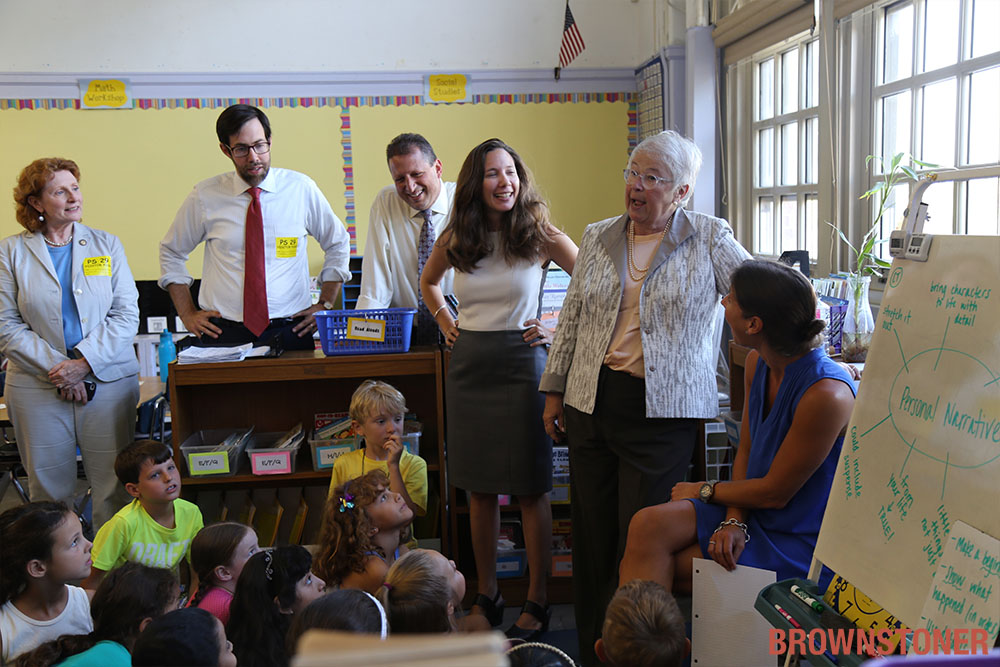

[Photos by Hannah Frishberg]
Related Stories
Controversial School Rezoning for Dumbo, Brooklyn Heights Approved in 6-3 Vote
A Rare Jewish Preschool Begins Renovation in Fort Greene
Brooklyn’s Schools Are Deeply Segregated, But What’s a Community to Do?
Email tips@brownstoner.com with further comments, questions or tips. Follow Brownstoner on Twitter and Instagram, and like us on Facebook.
[sc:daily-email-signup ]
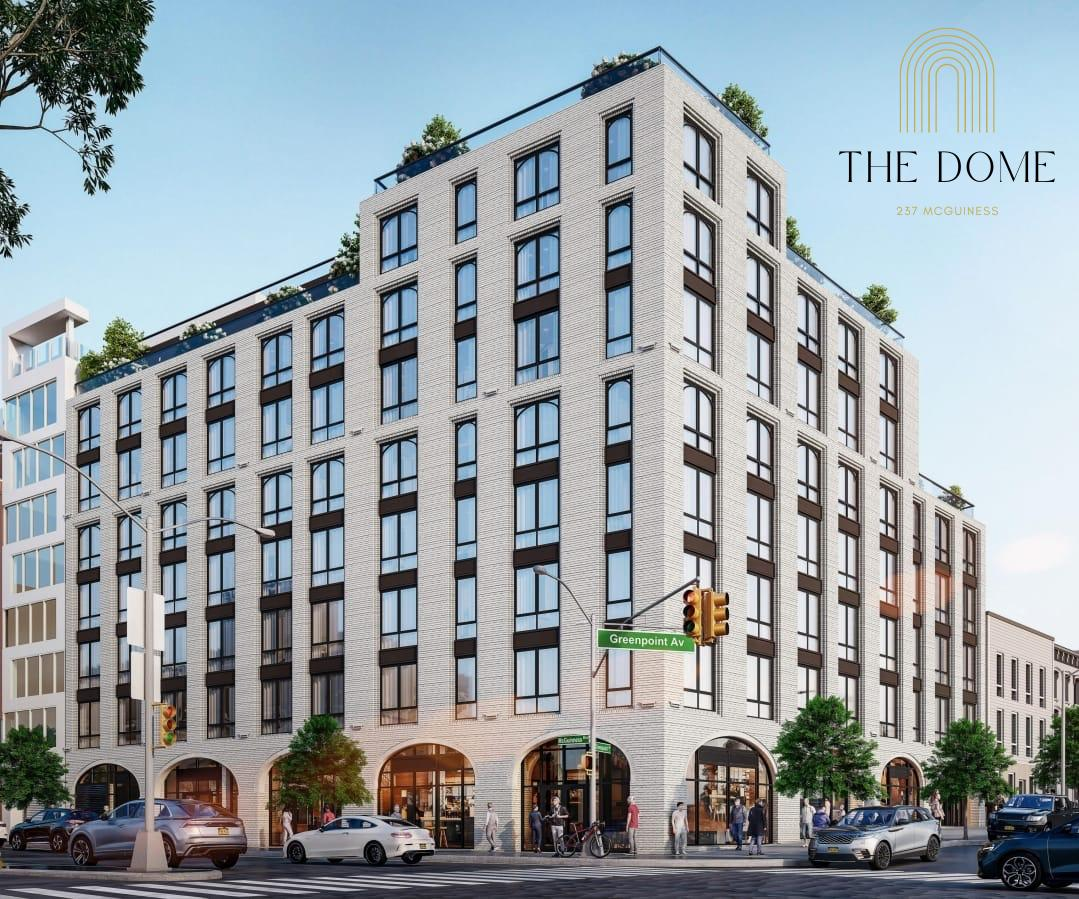
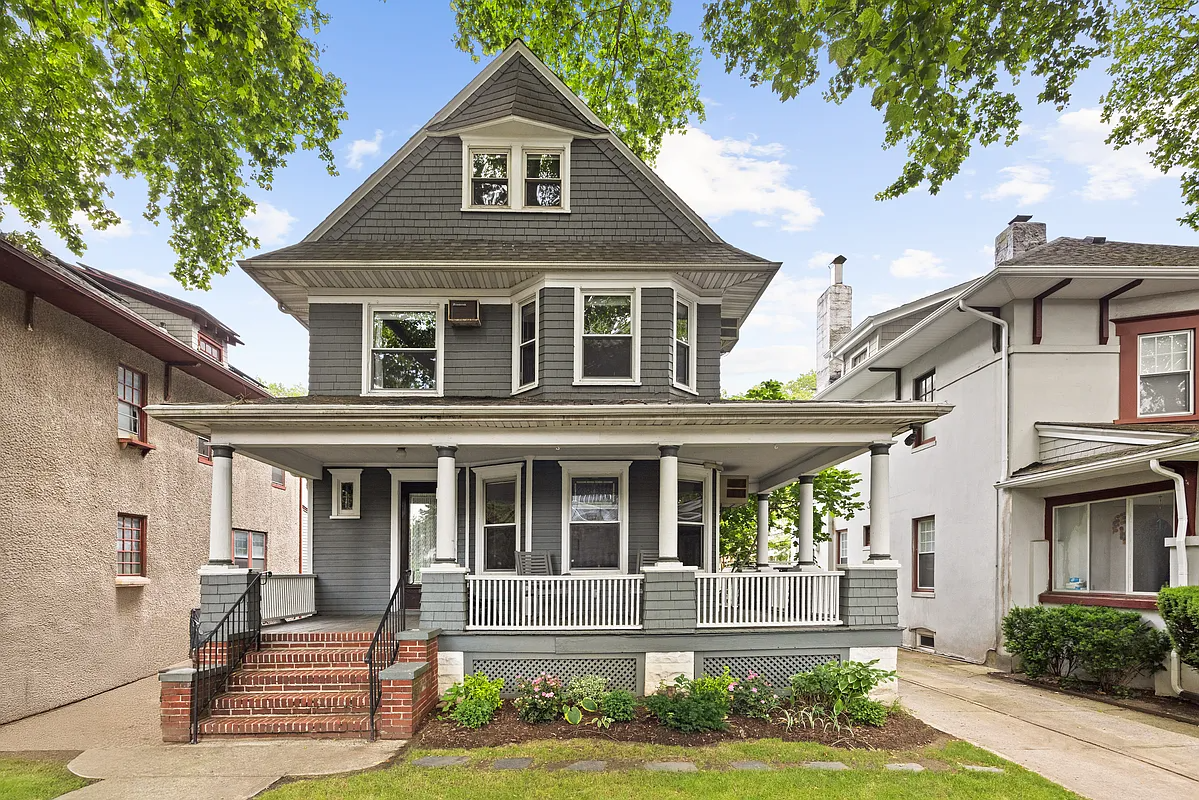
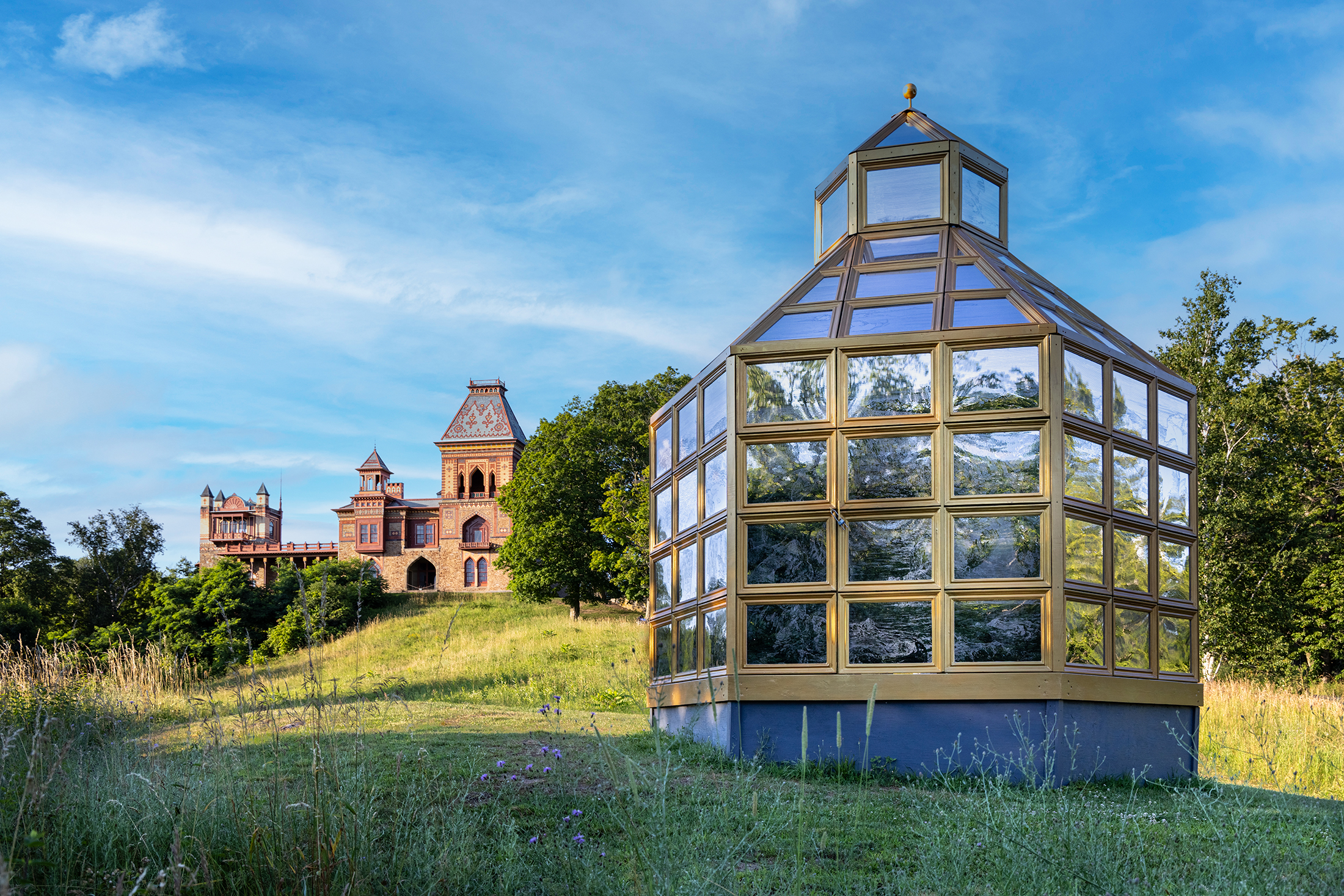

My daughter is in that classroom at PS 29. The chancellor went there because she taught at 29 for many years. (She actually taught in that very classroom). The kids got a real kick out of her visit.
Where she taught should not matter. The point is that the city needs the chancellor to send a good message and be on hand at the schools that need support the most and not at schools that score amongst the best in the city.
Cobble Hill…..is she too scared to kick off in Brownsville or East New York where improvement in schools are needed most.
Slope farm, she visited 4 schools. Great. What an achievements 🙂
She visited only one school in Brooklyn, the biggest borough. And the school happened to be the best in the borough and has been way before she became a chancellor. The point is that she should be visiting schools that are failing and try to encourage students and faculty in those schools and not schools that are already doing great.
She lived on Henry St a 1/2 block from 29 when she worked there. Moved to “the other side of the highway” as the old timers refer to it about 20 years ago. And yes, it is considered Cobble Hill and is zoned for 29.
Nothing is wrong with Cobble Hill but Couble Hill schools don’t need her support. She needs to be more engaged and more present at schools that are failing and Not at Cobble Hill schools that are among the best in the city. Where she lives or where she taught should make no difference is this case; she is leading the DOE for the entire city and not for the one class/teacher/neighborhood that she taught or lives in.